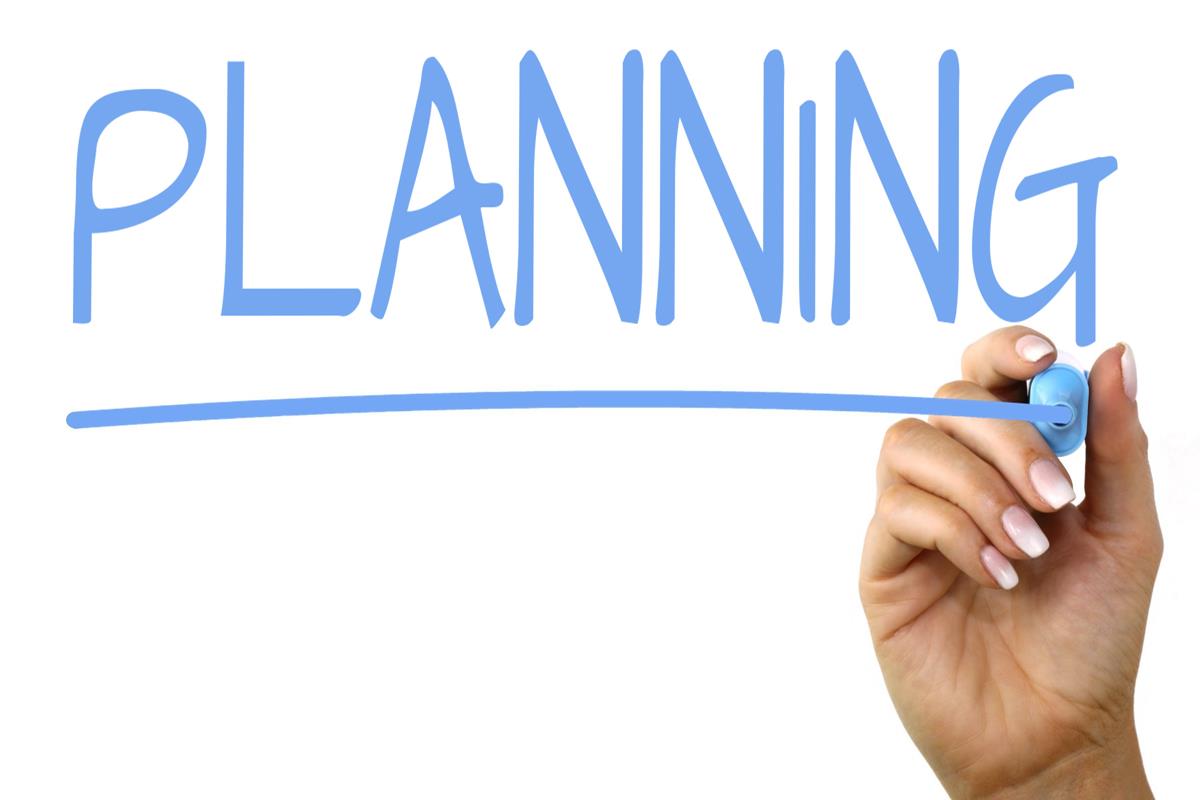4 Things To Remember During Your Work Experience
15th October, 2019
Getting some practical work experience before applying to university is valuable no matter your subject, as it provides you with key transferable skills and showcases your initiative. However, it’s pretty much essential for vocational subjects such as medicine and veterinary science. If you’re looking to boost your personal statement by carrying out a work placement, here are some things to remember.
Start early
The earlier you start volunteering, the easier it’ll be to fit in an optimal amount of work experience, before the exam period means you start getting tight for time. This also gives you some flexibility. If you realise you don’t enjoy the practical side of your intended course (for example, if you’re applying for medicine but quickly realise you can’t stand the sight of blood) you have time to change your mind - and get some relevant experience in a new field!


Don’t worry about prestige
Many universities specifically advise that as long as it’s relevant, it’s not about where your placement is, but how you use it to strengthen your application. It’s important to be able to reflect and analyse on the skills you gained from work experience. Especially for Oxbridge applicants, admissions tutors will often only be interested in your placement to the extent that you have something intellectually interesting to say about it. This means it’s important not to get caught up in the reputation of where you work or volunteer, but to focus on the experience and skills that you develop instead.
Plan out what you want to gain from it
Following on from this point, it’s always helpful to decide what you want to gain from your work experience before you start. There might be a specific area that you’re interested in after studying it at school, or you might just be looking to improve on skills such as writing articles. If you know what you’re looking to develop over your time there, you can communicate this to your supervisor, who can help you work on this by assigning relevant tasks.


Write down what you do
In a busy placement, it’s surprising how quickly you can forget the details of your daily tasks. The best way to get around this is to log what you’ve done each day, in a notebook or on your phone, so you can look back on this when writing a personal statement or preparing for interview. For each type of work you’ve carried out, spend some time thinking about the skills you’ve developed, and how you could write or speak about it in an insightful way. For example, for an aspiring veterinary scientist, the ethical considerations of animal euthanasia might be an area of interest. This is a great habit to get into for life beyond university - working out what you’ve gained from work will always be relevant when writing a CV or cover letter.
